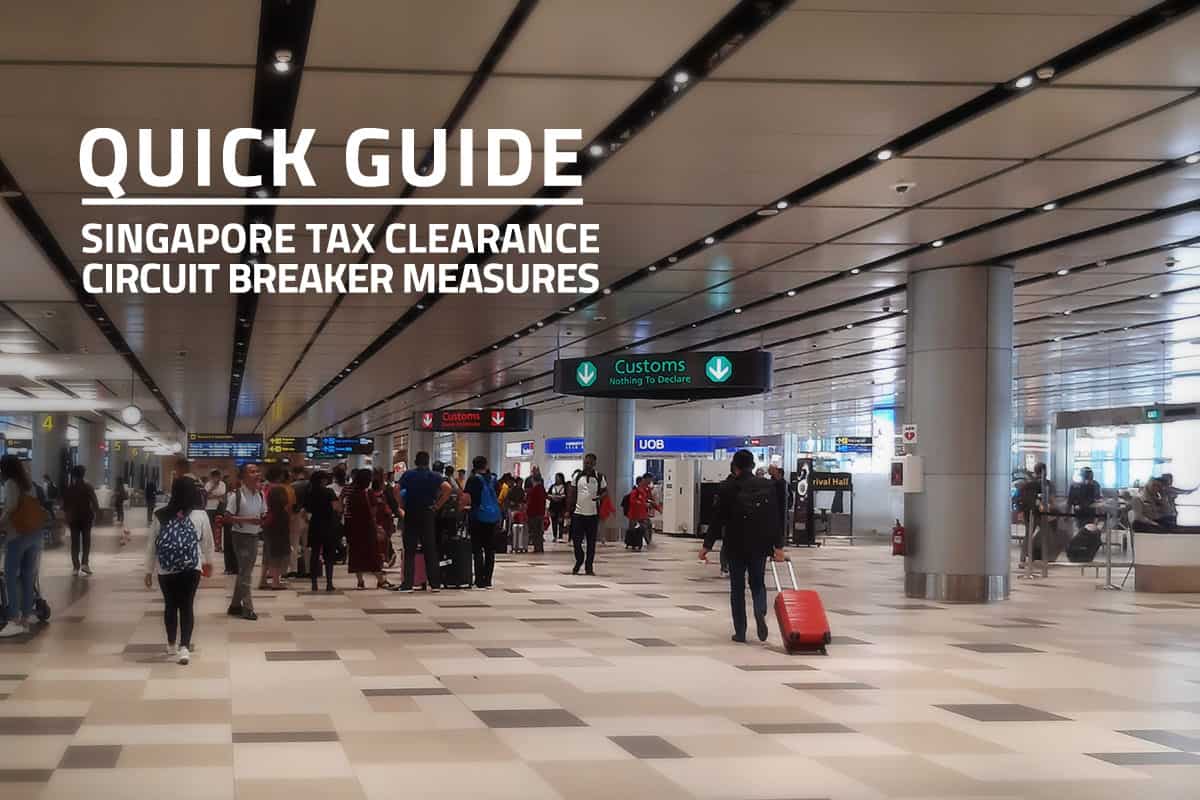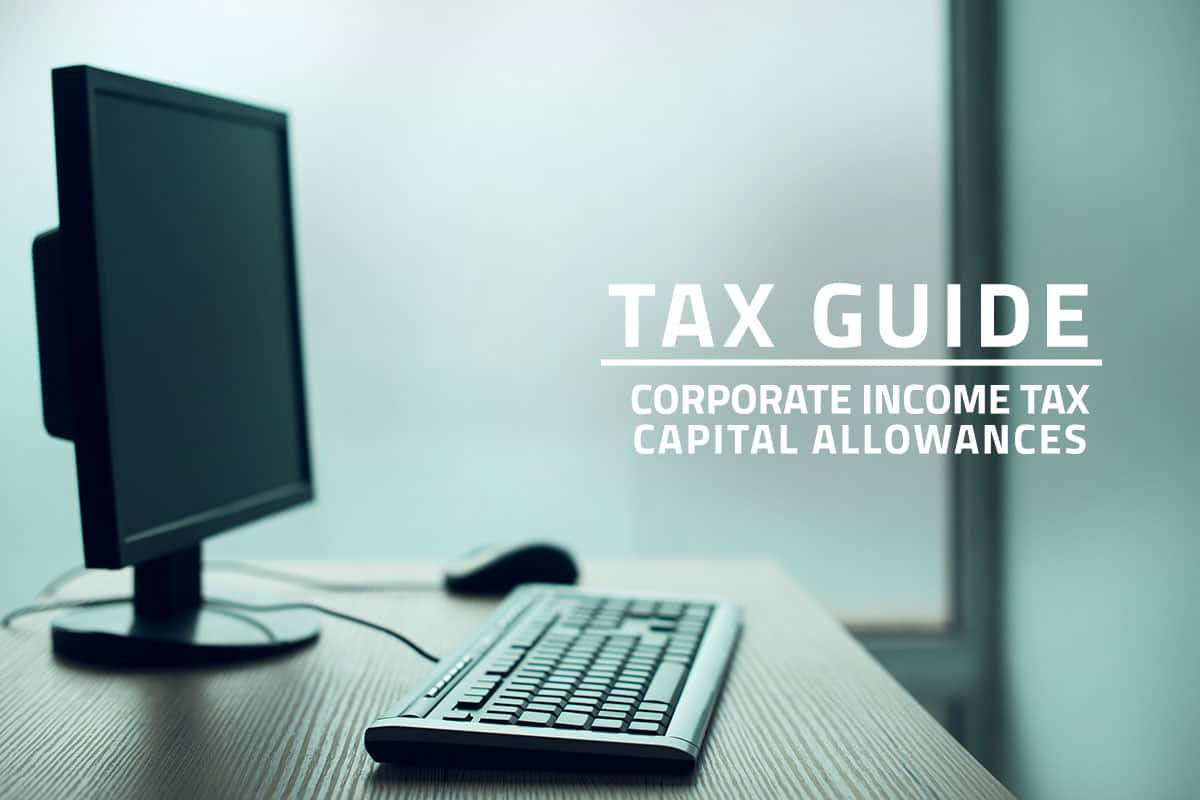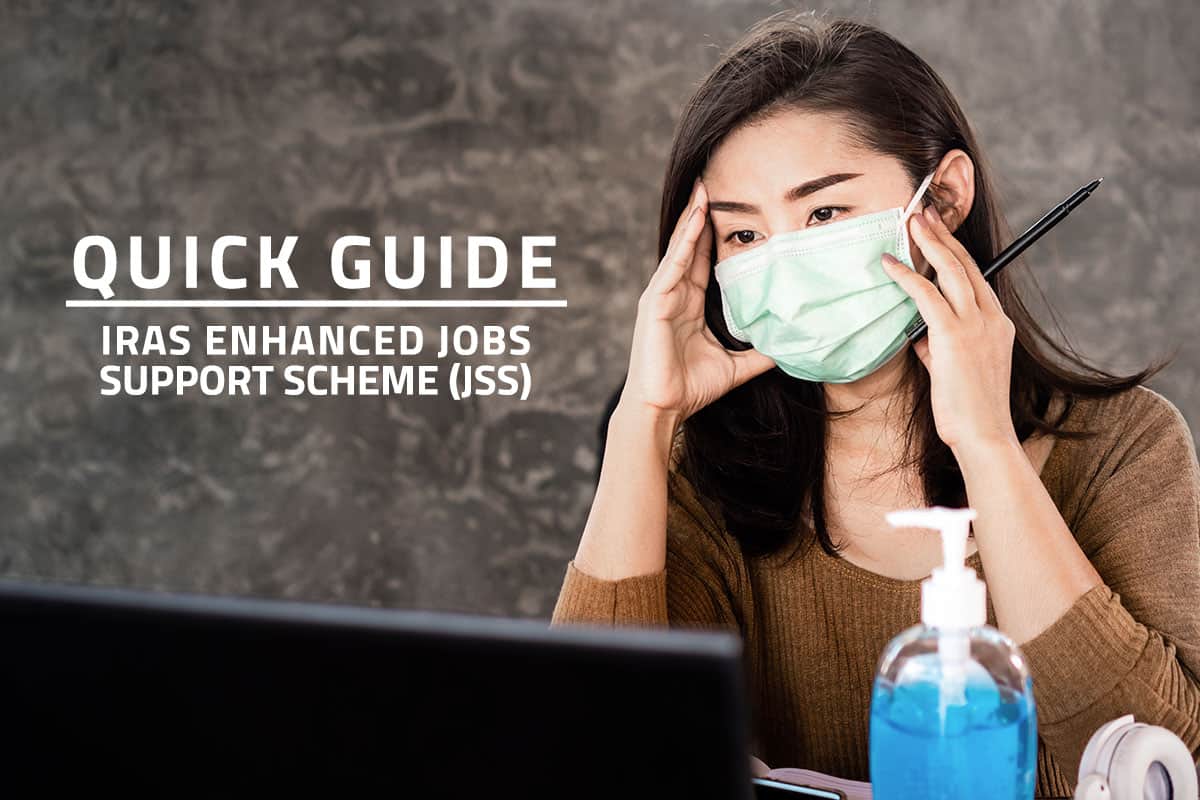By law, Singapore employers are required to submit tax clearance forms to the Inland Revenue Authority of Singapore (IRAS) for foreigners and employees who plan to cease their employment and leave the country.

Tax clearance involves notifying IRAS and submitting the final tax payable computation to the Authority. If the employee is posted overseas or plans to leave Singapore for more than 3 months, it is the company’s responsibility to notify IRAS one month in advance and withhold the final salary amount due to the employee before their departure from Singapore. This includes all Singapore work pass holders.
The Tax Clearance Process
The main document to be filed to IRAS for tax clearance is Form IR21. Employers must first determine whether tax clearance is required for the employee. Tax clearance is not required for Singapore Citizens and Permanent Residents (SPR) who are not leaving the country after ceasing their employment.
For foreigners, tax clearance is not required under the following scenarios:
- Non-Singapore Citizen employee who worked in Singapore for less than 60 days, excluding directors or public entertainers.
- Non-Singapore Citizen employee who worked for more than 183 days with an income of less than SGD21,000
- Non-Singapore Citizen employee who worked for more than 183 days over 2 years with income of less than SGD21,000
- Non-Singapore Citizen employee who worked for continuous of 3 years or more with income of less than SGD21,000.
- Non-Singapore Citizen employee who were transferred to another Singapore Company due to merger or restructuring or posting within same group of companies.
Singapore employers may also use the IRAS Tax Clearance Calculator to check whether tax clearance is required for their leaving employees.
Should tax clearance be required sooner, Form IR21 can be filed electronically at the IRAS myTax Portal for faster processing. The form, which is titled “Notification of a Non-Citizen Employees’ Cessation of Employment or Departure from Singapore”, details employer particulars as well as all forms of employee income and benefits such as salaries, share option, benefits in kind and allowances.
Once IRAS processes the Form IR21, IRAS will issue a Clearance Directive: either a Directive to Pay Tax or a Notification to Release Monies. The Directive to Pay Tax is to inform employers about the amount of monies to be remitted to IRAS. Notification to Release Monies is to inform employers to release the withheld monies to their employee.
Finally, the employee would receive an NOA (tax bill) on their tax payable status, whether further tax payment is required should the amount withheld be insufficient to cover the employee’s final tax bill.
Tax Clearance COVID-19 Measures
Employers who need to seek tax clearance for their foreign employees in April 2020 and May 2020 can submit clearance forms by 30 June 2020 in view of the COVID-19 situation. Employers are still required by IRAS to withhold monies and release the monies upon receiving IRAS notification within 1 month from filing Form IR21. Employees are still allowed to leave the country before filing of tax clearance form.
Other Tax Clearance Administration Matters
If there are additional income earned by the leaving employee, employers are required to file an Additional/Amended Form IR21 to seek further tax clearance before releasing the additional income to your employee. Employers who do not file Form IR21 will be liable to pay a fine of up to SGD1,000. A valid reason must be presented for late filing.
Consulting a qualified tax professional such as PWCO will be a good option to ease your individual tax clearance filing procedures to ensure full compliance with IRAS rulings. Seeking professional tax advice can ease these concerns especially with the fast-changing processes due to the COVID situation.
Related Posts
Tax Guide: Singapore Capital Allowances
By law, all Singapore Companies are required to file annual income tax returns to the…
Quick Guide: IAS 20 – Accounting for Government Grants
This year, the COVID-19 crisis has adversely impacted the global economy. Singapore is no exemption,…
Singapore Guide: ISCA FRB 6 – Accounting for Jobs Support Scheme
This year, the COVID-19 pandemic has inevitably adversely impacted the global economy. Singapore companies and…
Quick Guide: Singapore’s Enhanced Jobs Support Scheme (JSS)
The Singaporean government launched the Jobs Support Scheme (JSS) in late April as part of…












